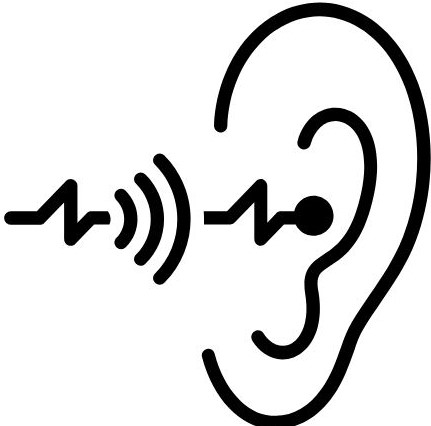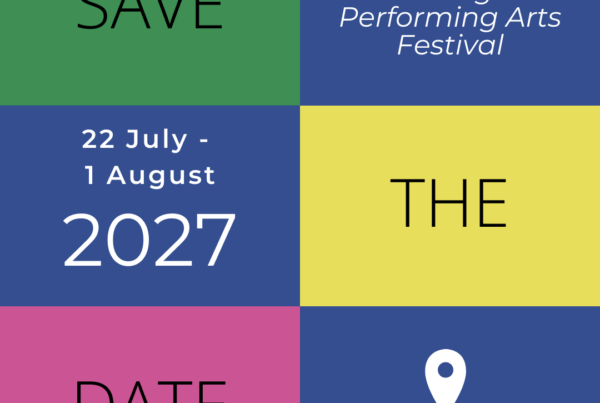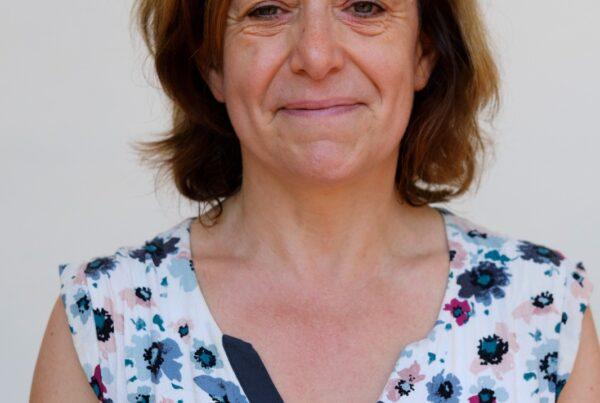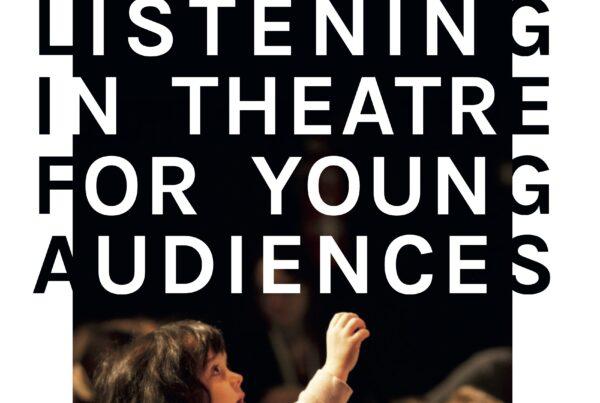Earlier this week, I was sitting with a group of young theatre makers from seven countries who were in Lahore, Pakistan for the Next Generation program. It reminded me of my days at college about 20 years ago, when I started to do theatre with a volunteer group. The best part of it was to create the theatre of course, but also to meet students who would visit us to join the group and an audience who would stay after the show to see us. In just a few weeks, I was introduced to more people than in the past two years of my college days.
I loved it and realised that just knowing about people, community and the world is a kind of strange power that helps you to understand and create as a theatre maker as well.
One particular story that I remember and shared with the Next Generation program’s young theatre makers, was about visiting Thailand in 2004. I was invited to speak at a UN Conference and I saved to spend four extra weeks in the country. Before the visit, I searched for young theatre makers, TYA experts, arts educators, musicians and filmmakers who work for children and wrote emails to them. I was able to make enough connections to allow me to travel to various cities in the country and stay with a number of different artists. I had great adventures, including travelling alongside River Mekong with a group of puppeteers, performing puppet shows in various villages.
This experience opened me to a world of possibilities in using theatre and performing arts for children and young people. This small initiative that I took to save and invest in creating this exposure for myself added value to my cultural capital. I am able to benefit from it in various ways continuously.
Getting back to the circle of young theatre makers in the Next Generation program, I shared how it is essential for them as artists and theatre makers to not only “see” things, but also make deep connections with fellow artists that can go a long way. If done right at this stage of their careers, this can keep developing their cultural capital for many years to come.
The support network we are able to build over a period of time, in the community, country or at the global level, becomes one of the greatest resources for personal and professional development. There is a great amount of trust that gets invested in such relationships, which translates into collaborations, exchange and exposure; three essential ingredients for successful arts and cultural practices in general, but especially for theatre for children and young people.
Let’s all remember how being open to seeing more and knowing more about other people and organisations can open avenues for enhanced learning and improved relationships. These go hand in hand with our practices and careers as we grow and develop as artists.
My invitation to you is to cherish opportunities and build relationships, which builds a collective cultural capital for all of us to benefit from. One of the key objectives of ASSITEJ International is just that.







